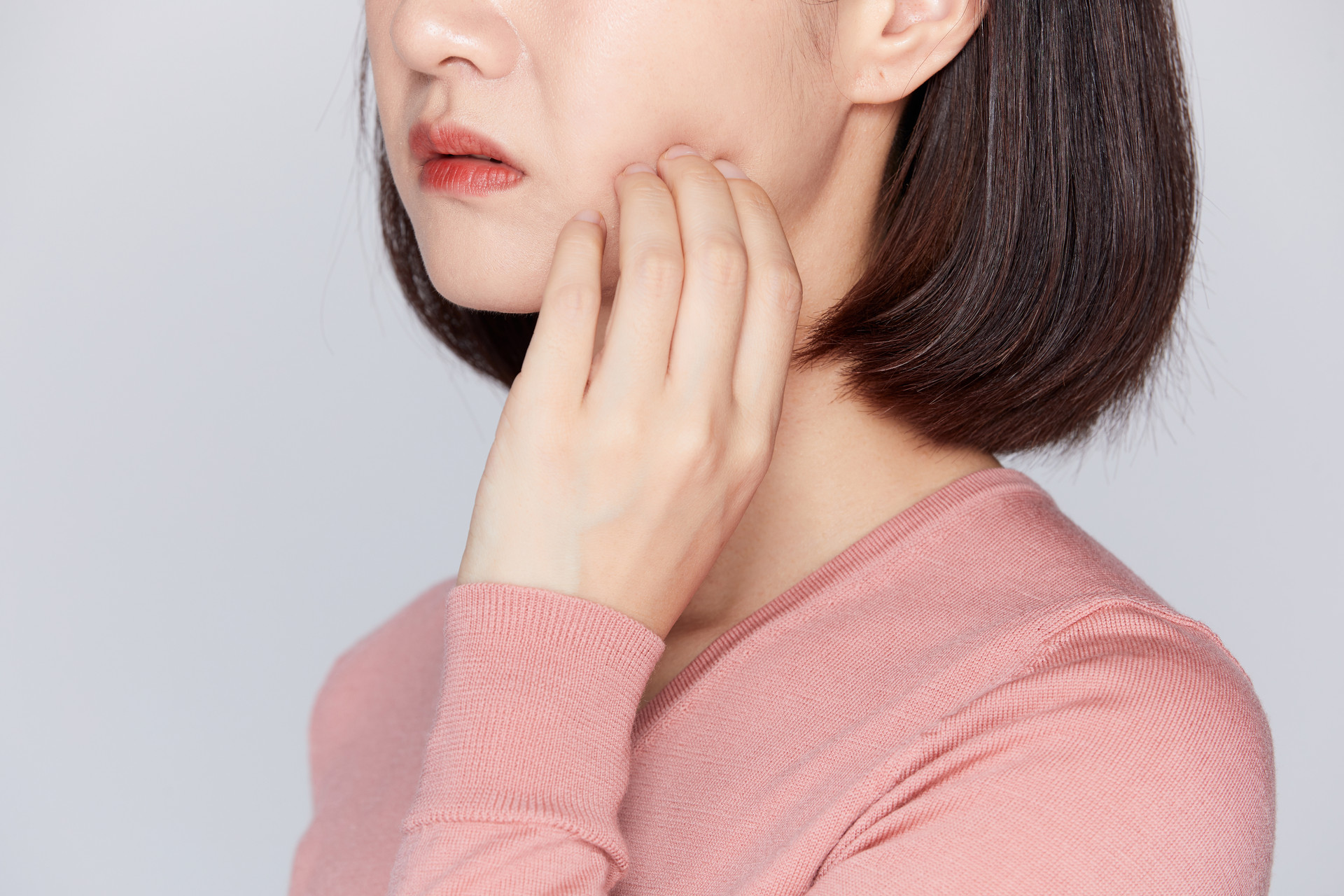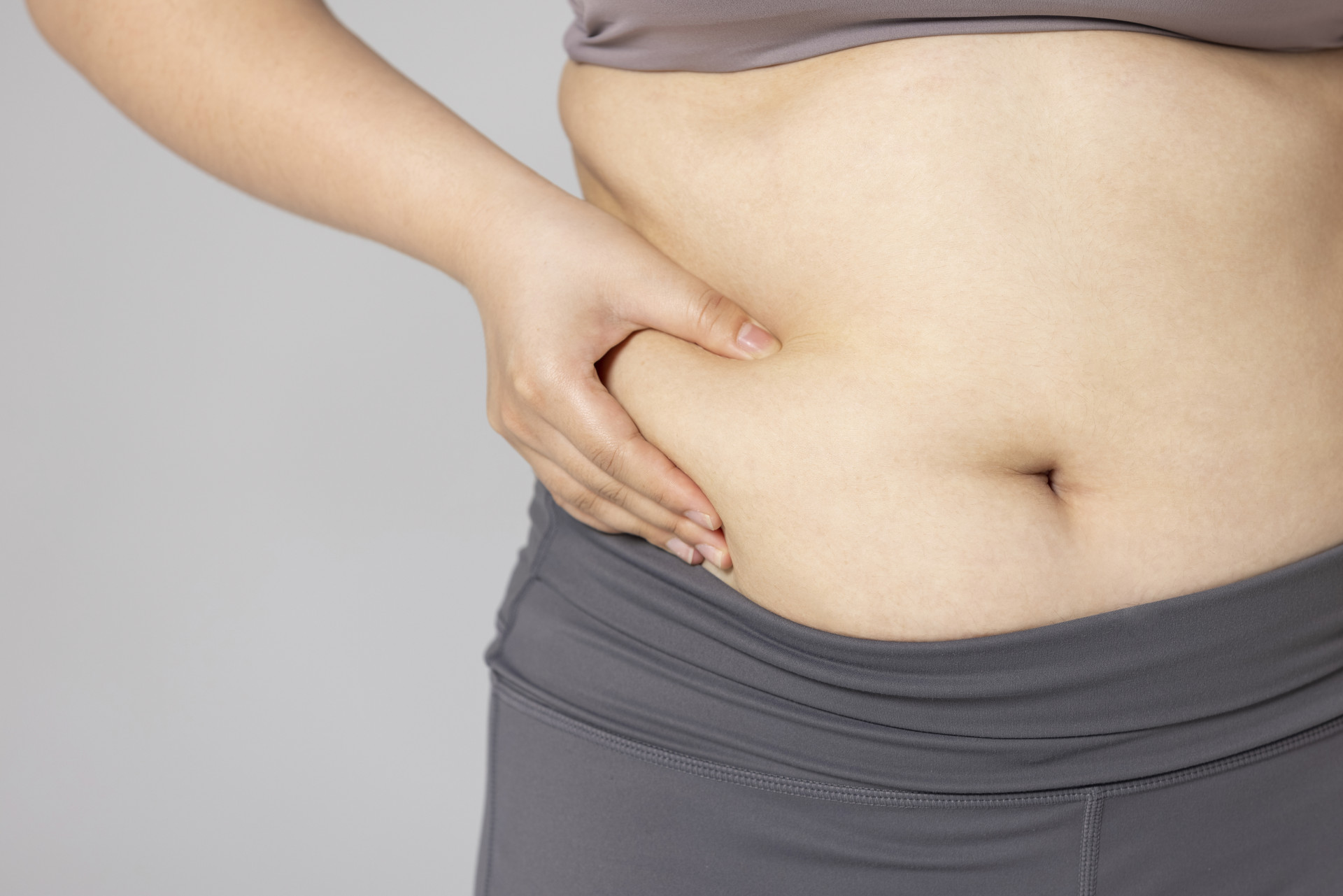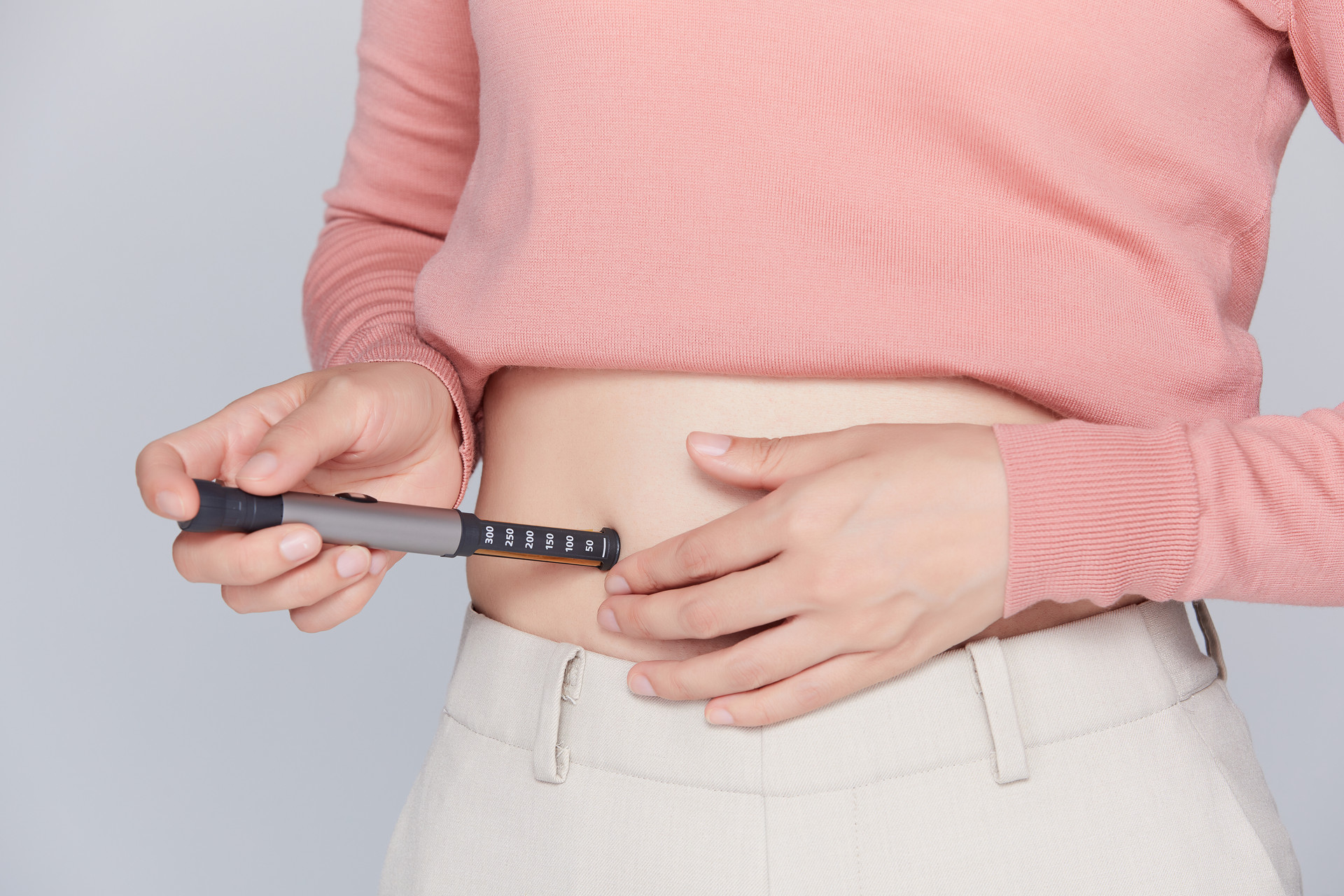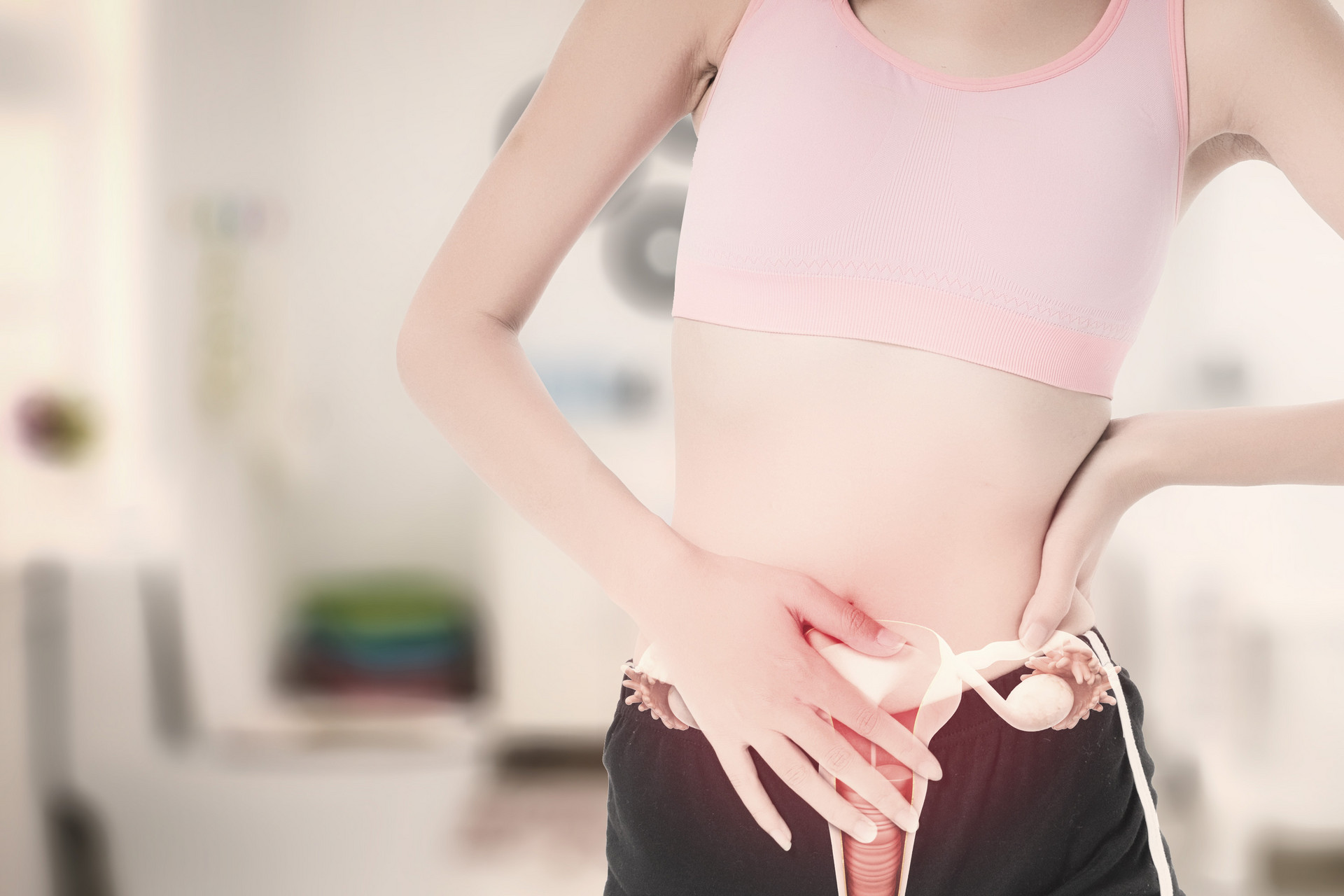
In traditional Chinese medicine, miscarriage refers to the termination of pregnancy between 12 and 18 weeks when the fetus has already formed. The natural childbirth process after nine months of pregnancy is like a ripe fruit falling from the vine, a natural phenomenon. However, miscarriage is more like picking unripe fruit, which easily damages the flesh and poses greater harm to the mother's body compared to natural childbirth. If not properly cared for during this period, it can not only harm the body but also lead to infertility or habitual miscarriage, and in severe cases, it can be life-threatening. Now, let me introduce some methods to regulate and treat miscarriage.
If the danger period of miscarriage has passed, Chinese herbal medicine can be used in conjunction with dietary therapy. One recommended medicinal diet is Huangqi Buqi Tang, formulated by the famous physician Fu Qingzhu from the late Ming and early Qing dynasties: 60 grams of Astragalus membranaceus, 30 grams of Angelica sinensis, 3 grams of Cinnamomum cassia, and 500 grams of fresh eel. Add the above herbs to 800 milliliters of water and soak for 15 minutes. Then, put the herbs and water into a pot and boil them. Simmer for 10 minutes over low heat, then filter the liquid. Cut the eel into pieces and add it to the pot. Simmer over low heat for another 20 minutes, then add salt, green onion, ginger, and garlic for seasoning. Eel can strengthen muscles and bones and nourish Qi and blood. It is mainly used to treat deficiency of Qi and blood and persistent postpartum lochia. It is a suitable combination with Huangqi and Danggui.
Longan is highly suitable for treating post-miscarriage chills and abdominal pain. Longan, also known as Guiyuan, is rich in nutrients and is often referred to as the "Ginseng of the North." It has a sweet taste and warm properties and enters the heart, kidney, and spleen meridians. It can nourish the heart and spleen, replenish Qi and blood, strengthen the spleen and stomach, and treat postpartum weakness and bleeding caused by spleen deficiency. According to "Bencao Jing Jie," it is said, "It can dispel evil Qi from the five viscera, calm the mind, and relieve loss of appetite. Long-term consumption can strengthen the soul, improve intelligence, lighten the body, and delay aging. It gets the taste of the earth that is balanced and enters the Spleen meridian of the Foot-Taiyin, with a sweet taste and nourishing effect on the spleen, nourishing the kidneys and generating water." Women experience miscarriage due to insufficient kidney Qi, chills, and abdominal pain. After miscarriage, a significant amount of kidney essence is depleted. The strong moisturizing and water-assisting effects of longan replenish the dried-up kidney essence, stimulate kidney Qi, and nourish the kidneys to generate water. Longan is a food with medicinal properties, which can be eaten as a fruit or made into a paste. To make the paste, take 30 grams of longan flesh, add a little white sugar, put it in a bowl, and steam it over a fire until it becomes a sticky paste. Take one spoonful of the paste with hot water twice a day. This method is mentioned in "Sui Xi Ju Yin Shi Pu" and is said to greatly nourish Qi and blood, surpassing the effects of ginseng and Astragalus. However, it should be noted that longan is warm in nature, and most women tend to have deficient Yin and blood during pregnancy, with internal heat caused by deficiency. Therefore, pregnant women should not use it. However, it can be consumed after miscarriage or before delivery, and the effect is very good.
Longan can also be used to make other medicinal diets, such as longan and pork loin soup. The recipe includes 40 grams of longan, 500 grams of pork loin, 5 grams of ginger, and 3 grams of salt. First, blanch the pork loin in boiling water, then remove it. Rinse the longan and peel the ginger, then slice them. Put all the ingredients into a pot and simmer over low heat for three hours. Add a little salt for seasoning. The combination of longan and pork loin can replenish form with form and nourish organs with organs. This recipe nourishes blood and kidneys, calms the mind, and is most suitable for postpartum weakness. If you often experience palpitations, restlessness, excessive sweating, insomnia, restless sleep at night, and mental fatigue, you can try this soup as a dietary therapy.











